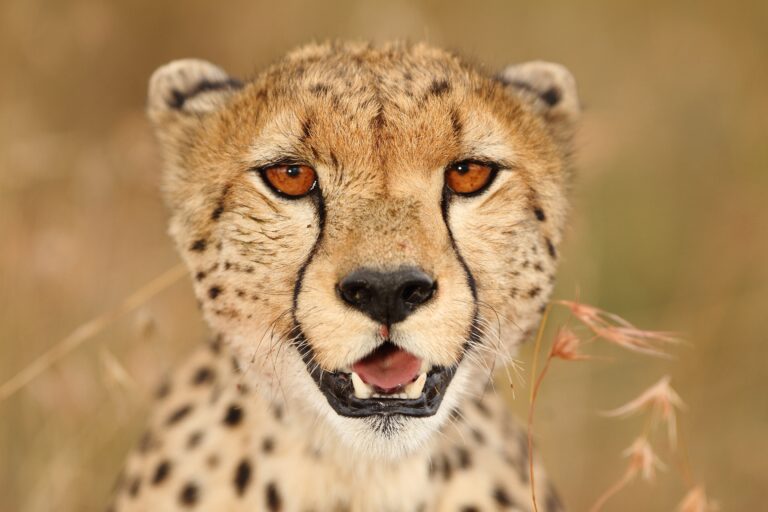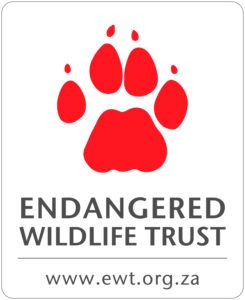Cheetah Behaviour

Image by wirestock on Freepik

Because conservation is something we feel strongly about, COAPE will donate a portion of the course fee for every student enrolled to the EWT’s Carnivore Conservation Programme.

The Cheetah Behaviour course is accredited as a Continual Professional Development course by the South African Veterinary Council.
SAVC CPD ACCREDITED: CPD points for SAVC accredited courses are only valid for qualified veterinarians and para-veterinary personnel in South Africa.

FGASA is an esteemed organisation that sets high standards for professionalism, education, and training in the tourism sector, with a particular focus on wildlife and nature experiences in Southern Africa. Students who have successfully completed the COAPE Cheetah Behaviour
This course is for students who want to learn more about wildlife and wildlife conservation, students with no prior experience in this field may enrol for this course.
A certificate course for individuals who are interested in learning more about the worlds’ fastest land-based mammal. This is suitable for students of zoology, wildlife conservation, field guides and other professionals who want to understand more about cheetahs and their conservation.
This course will enable you to understand the subtler aspects of cheetah behaviour and understand some of the threats being faced by this magnificent species, which places them on the IUCN’s ‘Vulnerable’ list.
Cheetah Behaviour
WHAT THE STUDENT WILL LEARN
Unit 1:
In this unit we look at the origin and evolution of these felids. We go on to discuss how they have physically adapted to fulfil the niche they are in, in the animal kingdom.
Unit 2:
We look closely at their various social structures and what defines a cheetah’s home range, in particular relating to the type of habitat in which they live. We also look the differences between the male and female cheetah’s home range.
We go on to learn about the cheetah’s reproductive cycle and the early life of the young cubs as well as how cheetah’s communicate.
Unit 3:
Unit 3 focuses on everything to do with the all important hunting and feeding, why they are the most likely wild felid, to lose their prey to other hunters.
Unit 4:
Here we focus on the vulnerable status of the cheetah, we discuss the primary threats they are confronting and the steps that conservation groups are putting in place to ensure the cheetah’s ongoing survival.
Unit 5:
The final unit in the course we take the student through the research protocols from sample collections, capture and translocation with post-release monitoring to Cheetahs in captivity, captive breeding schemes and cheetah husbandry.
WHAT CAN YOU DO WITH CHEETAH BEHAVIOUR?
- The cheetah course is an excellent interest course for any BSc student or any student who is going into the guiding industry.
- The successful completion of the Cheetah Behaviour Couorse qualifies you to enrol for the COAPE Diploma in Animal Behaviour.
COURSE INFORMATION
Tutor & Marker:
Kath Forssman
Course Type:
Correspondence online.
Course Format:
Each Unit of the course notes is e-mailed out to students as a separate e-Book.
The coursework for this course is conveniently completed online. We supply you with a specially designed Assignment Workbook to assist you in completing the components of the coursework, so you can use your own computer and preferred word processing software. You will then submit these completed assignments to COAPE International via the internet, they are marked and returned back to you the same way.
Course Duration:
The duration of the course is 12 months, but can be completed in a shorter time frame.
You can enrol for this course any time of the year.
Abilities Required for This Course:
- Students must be computer literate, have the use of a computer with internet access and be able to operate basic programs such as Microsoft Word.
- A good command of the English language is essential.

